Palestinian PM blasts Israel for seizing two-thirds of Palestine's water resources
Palestinian Prime Minister Mohammad Shtayyeh has lambasted the Israeli regime for seizing two-thirds of the Palestinian groundwater resources across the occupied West Bank, and diverting them into cities and illegal settlements for Jewish extremists.
Shtayyeh made the remarks at a media briefing ahead of the Fourth Arab Water Conference organized by Palestine under the motto “Arab Water Security for Life, Development.”
The two-day conference will officially open in the Egyptian capital city of Cairo on Wednesday.
“Israel steals 600 million cubic meters of Palestine's 800 million cubic meters and diverts it into its cities and settlements,” Shtayyeh said.
The Palestinian prime minister noted that an average Israeli settler consumes 430 liters of water per day, while a Palestinian only consumes 72 liters, much less than the global average of 120 liters.
After 1967, “Israel began digging water wells in the West Bank deeper than the Palestinian ones, which led to its control of most of the groundwater and the drying of the springs,” Shtayyeh said
He added that such Israeli measures have affected the transformation of the agricultural pattern in Palestinian territories.
According to Palestinian officials, the Israeli regime directly controls 85 percent of water resources in the West Bank, and also has a hold over how the rest is distributed.
The Palestinian Authority, meanwhile, is seeking Israeli licenses to dig additional wells in the West Bank to address the pressing need for more water.
Israeli authorities refuse to grant the necessary licenses to the Palestinian water authorities to operate freely in the strategically sensitive Area C of the occupied West Bank, whether drilling additional wells or installing booster pumps.
As Palestinians suffer through chronic water shortages, illegal Israeli settlers nearby enjoy unlimited quantities not only for drinking but for irrigating crops and wash their vehicles.
Black-and-white water tanks are ubiquitous on the roofs of Palestinian homes across West Bank cities and towns, to be filled when their water taps literally run dry for weeks.
In contrast, such tanks are rarely seen in the neighboring settlements because water is available around the clock and is never shut off.
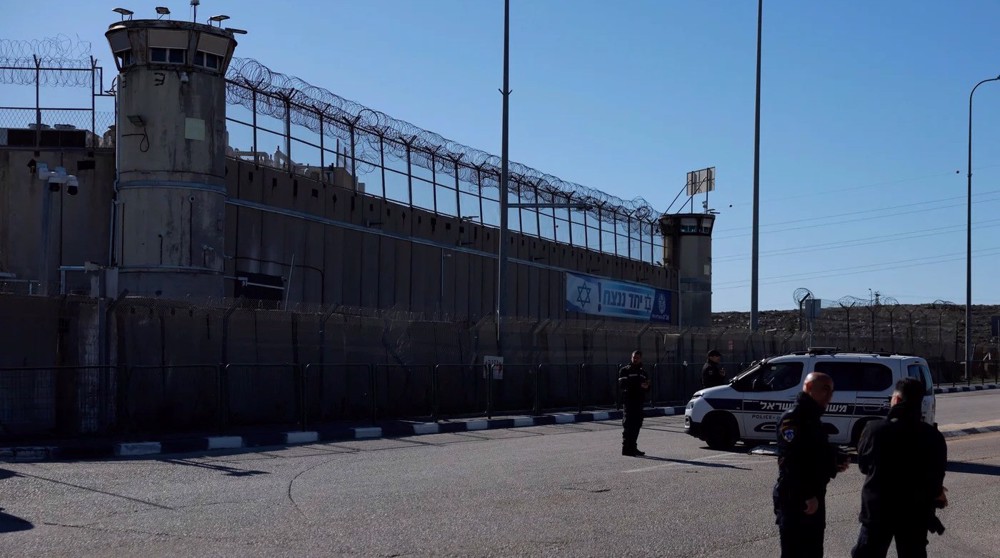
Palestinian says Israeli jailers poured acid on him during interrogation
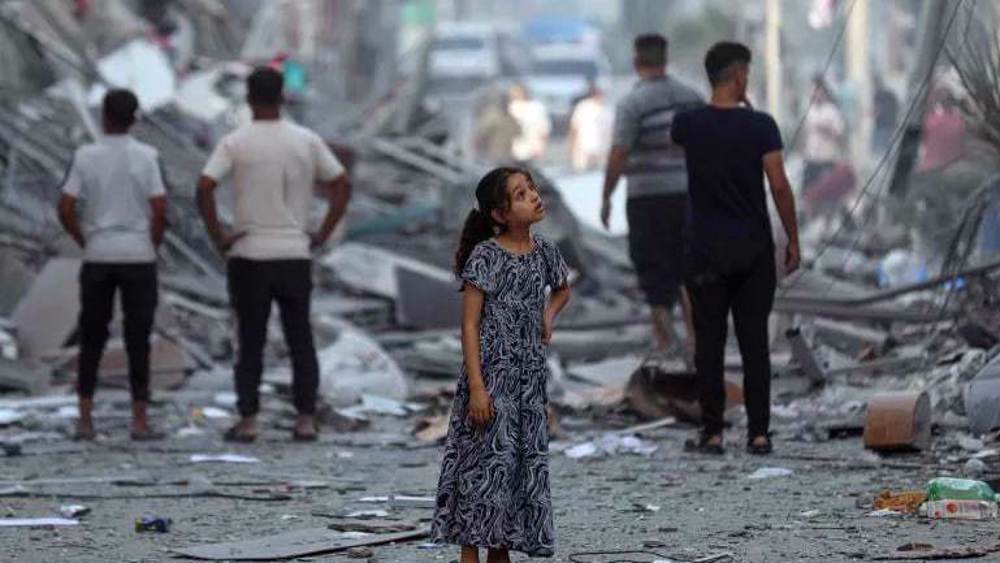
Trump’s WHO fund cuts freeze $46mn for Gaza amid humanitarian crisis
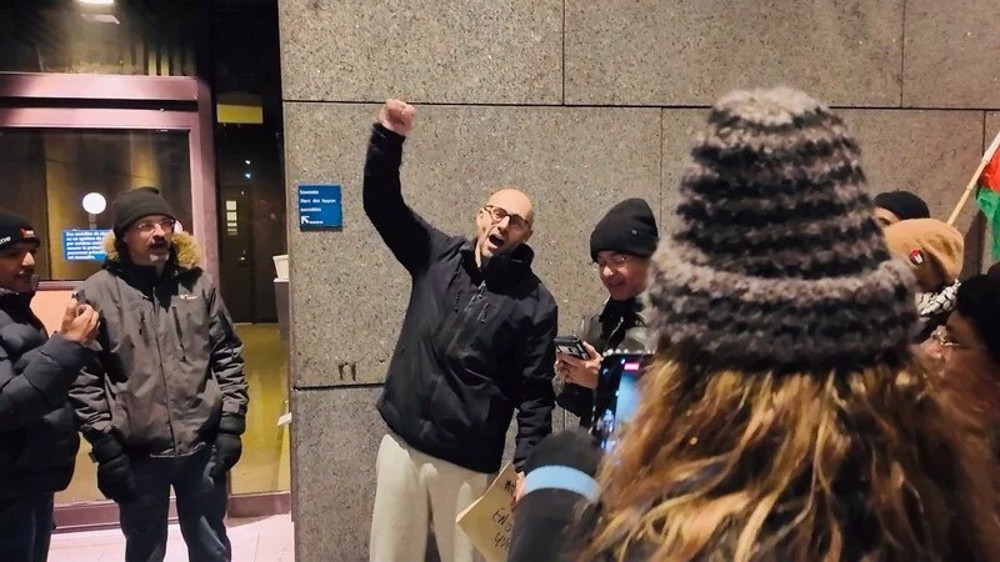
'Shocking attack on free expression': Canadian politician slams arrest of pro-Palestine activist
Israel’s massacres won’t grant it ‘legitimacy’: Hamas on 31st anniversary of Ibrahimi Mosque tragedy
French leader decries ‘unprecedented diplomatic scandal’ after Israel bars European MPs
VIDEO | Washington’s failed projects
VIDEO | Islamabad exhibition exposes Israeli atrocities in Gaza
Trump rescinds arms sales regulation in favor of Israel, sources say
Iran’s president vows to accelerate cooperation with Russia
Palestinian says Israeli jailers poured acid on him during interrogation
Iran, Turkmenistan seek increased cargo transit via railways


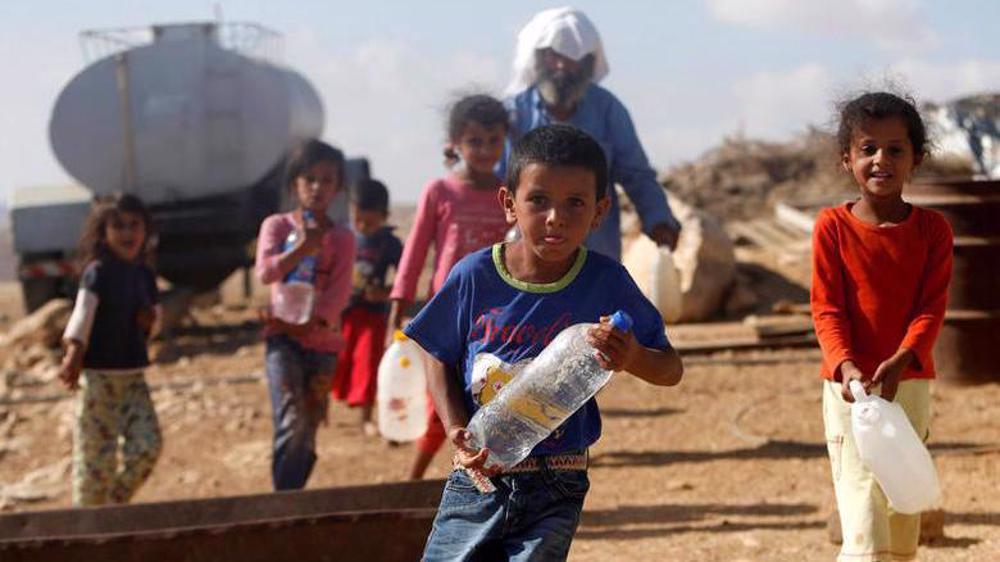
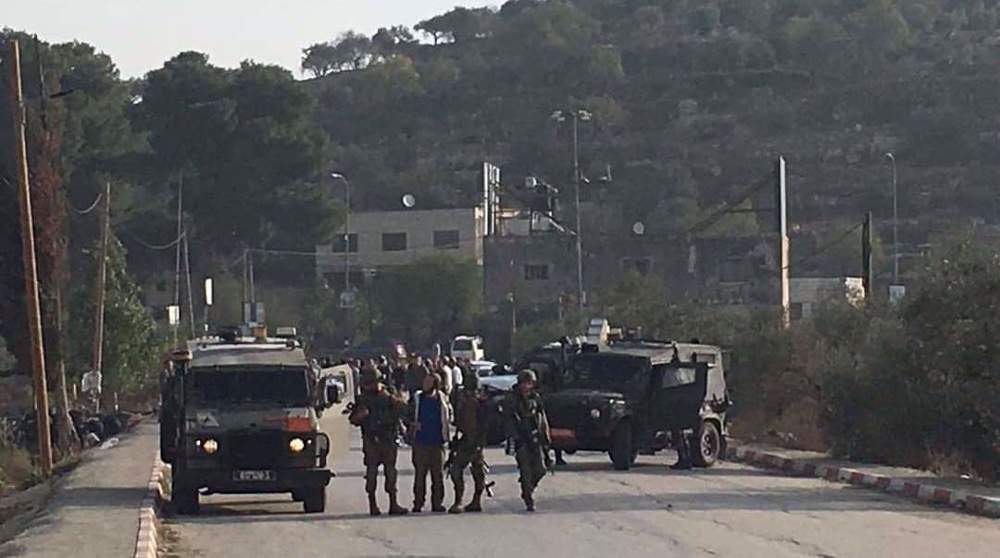
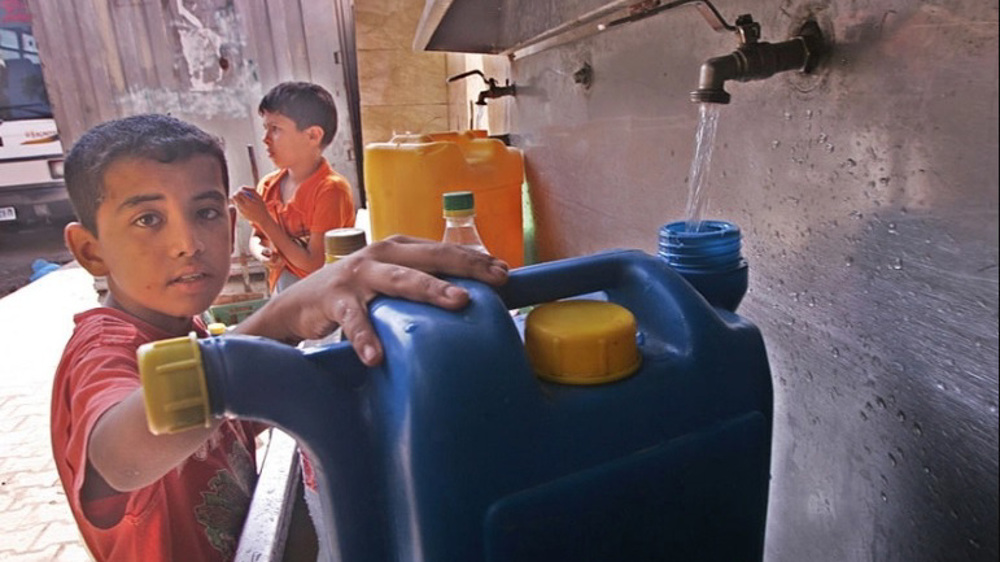



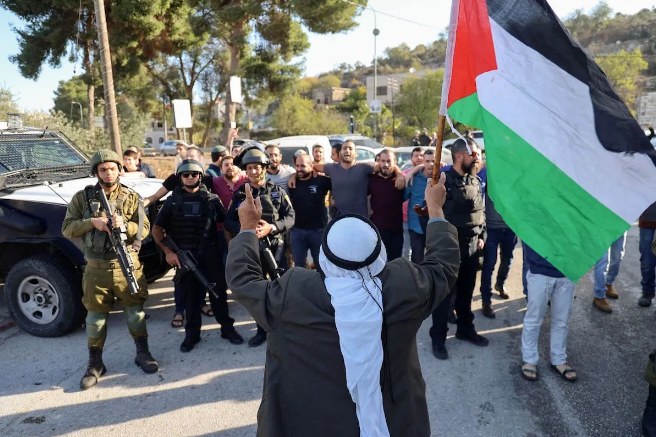
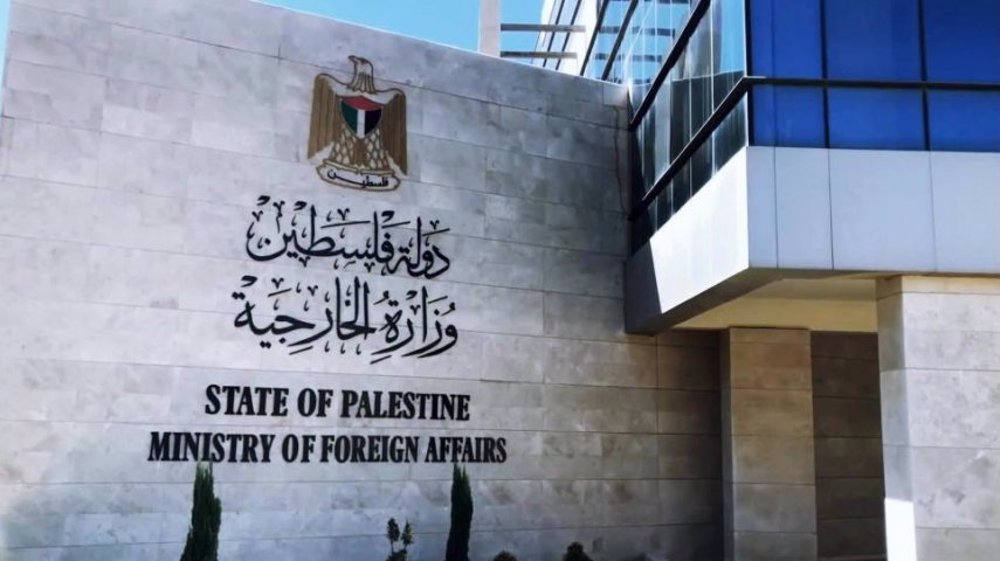
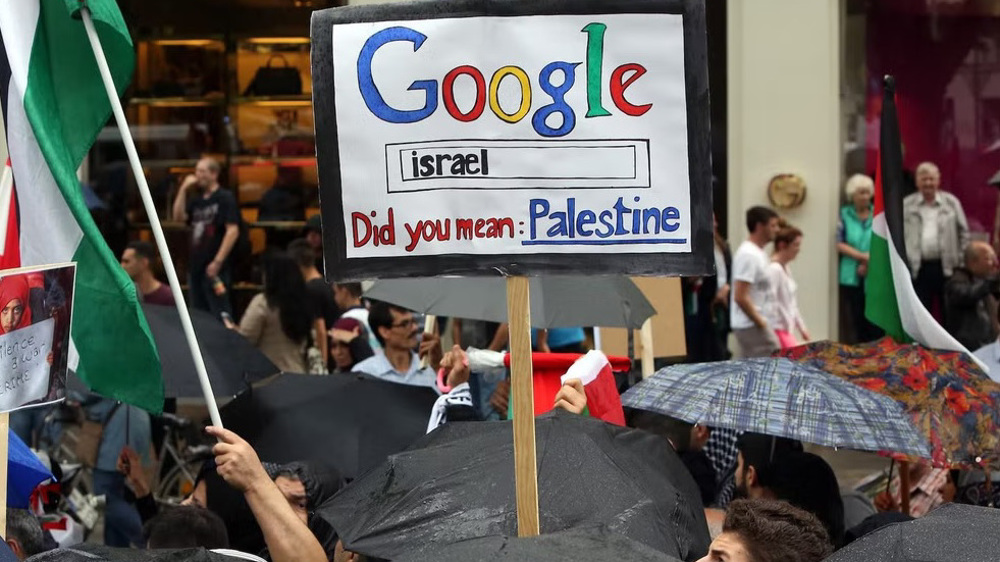
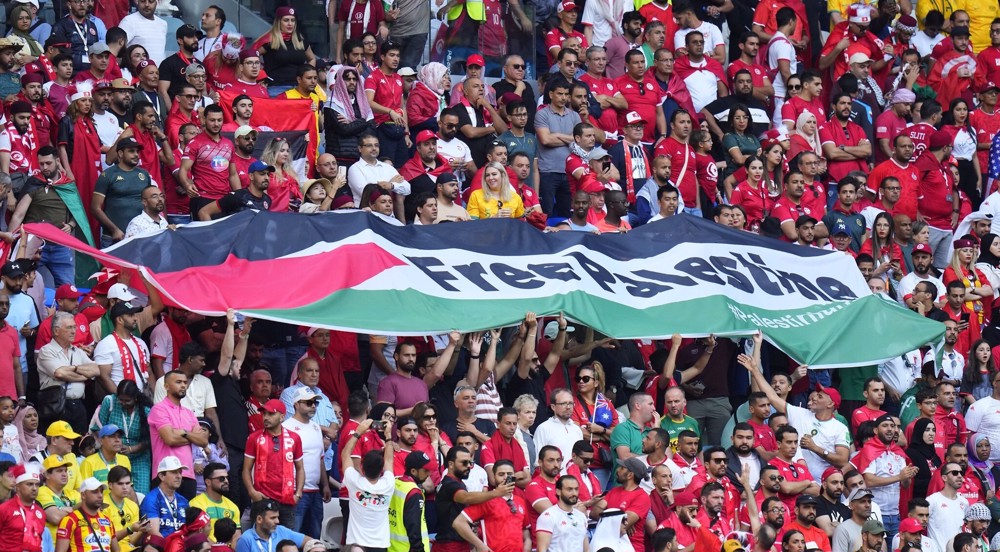
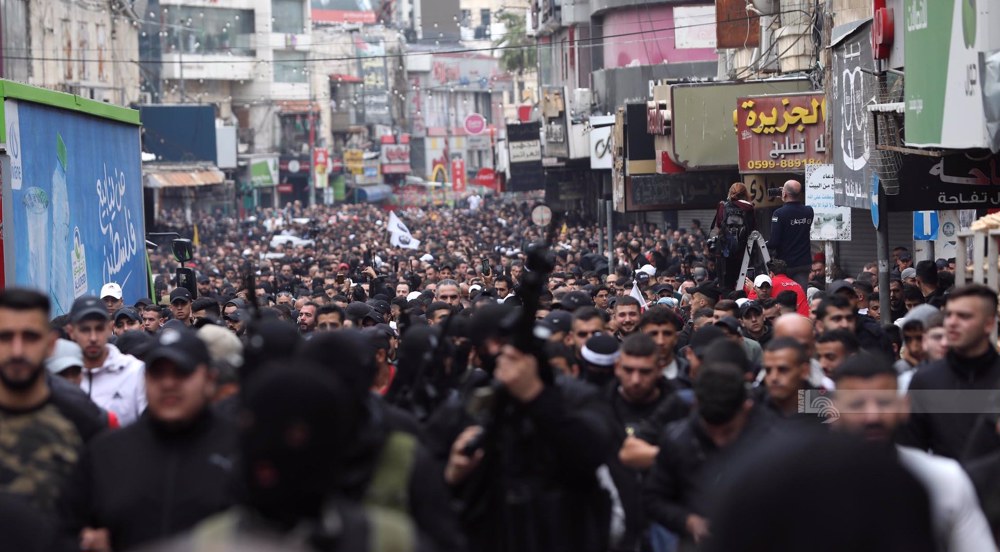
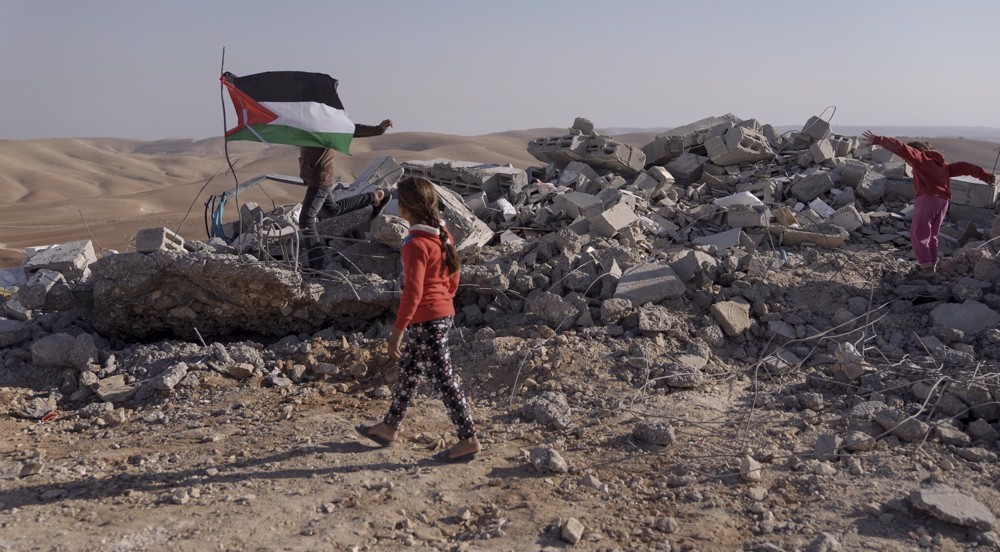



 This makes it easy to access the Press TV website
This makes it easy to access the Press TV website